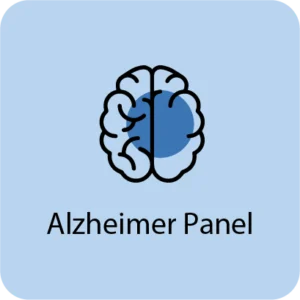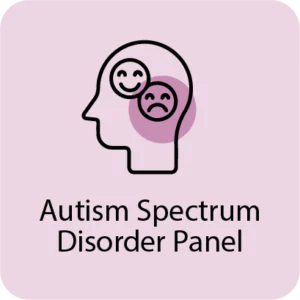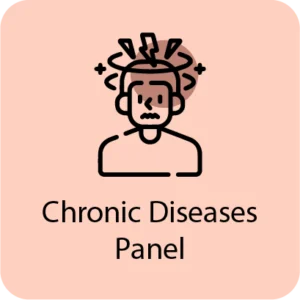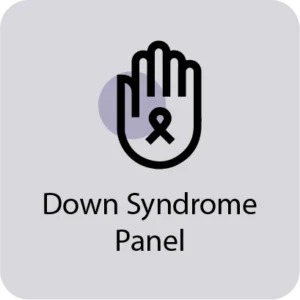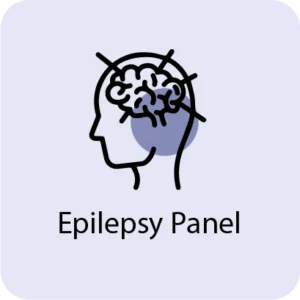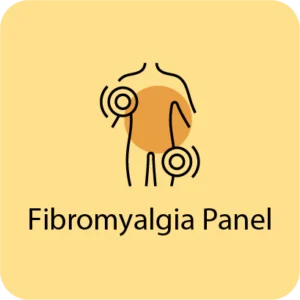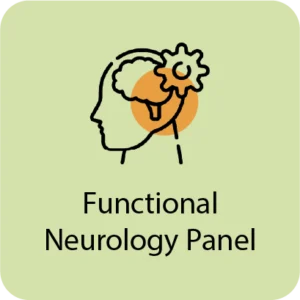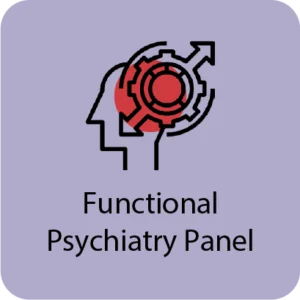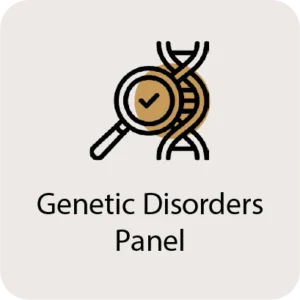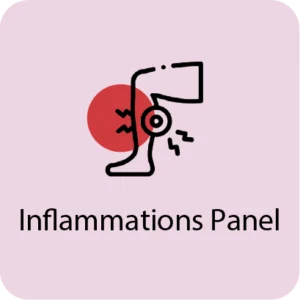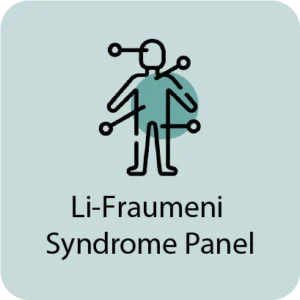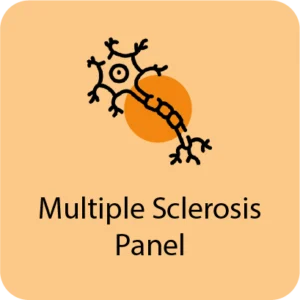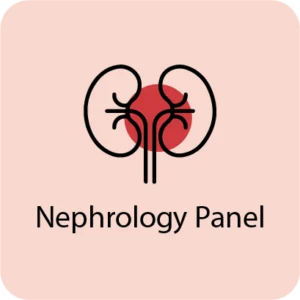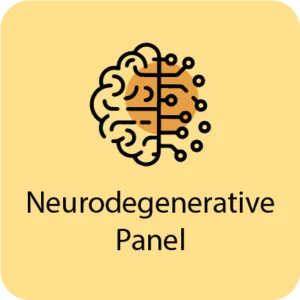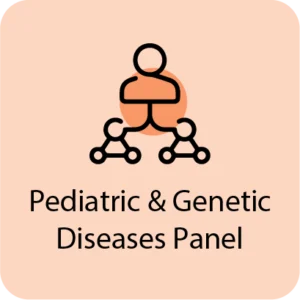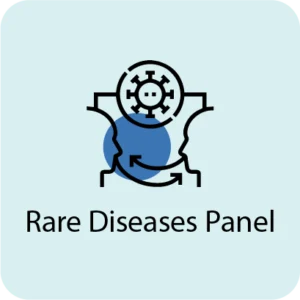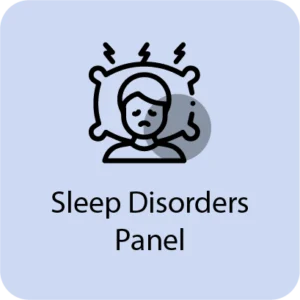Fibromyalgia
Fibromyalgia is a chronic pain disorder. This issue is characterized by some widespread tenderness, musculoskeletal pain, and fatigue. This is a complex condition that can significantly impact a person’s quality of life. It shall all lead to some physical discomfort, emotional distress, and functional limitations.
Causes of Fibromyalgia:
The exact cause of fibromyalgia is unknown. However, it is believed to involve a combination of genetic, environmental, and lifestyle factors. Potential causes and risk factors include:
- Genetics: There may be a genetic predisposition to fibromyalgia, as it tends to run in families.
- Abnormal pain processing: Fibromyalgia is associated with alterations in the central nervous system’s processing of pain signals, leading to heightened sensitivity to pain.
- Neurochemical imbalances: Imbalances in neurotransmitters such as serotonin, dopamine, and norepinephrine may contribute to the development of fibromyalgia.
- Stress and trauma: Physical or emotional trauma, such as car accidents, surgery, or psychological stress, may trigger or exacerbate fibromyalgia symptoms.
- Sleep disturbances: Sleep disturbances, including insomnia and sleep apnea, are common in fibromyalgia and may contribute to symptom severity.
Symptoms of Fibromyalgia:
The hallmark symptom of fibromyalgia is chronic widespread pain, but individuals may also experience a range of other symptoms, including:
- Widespread pain: Chronic, widespread musculoskeletal pain that affects multiple areas of the body, including the neck, shoulders, back, hips, and limbs.
- Fatigue: Persistent fatigue, even after restful sleep, which can significantly impact daily functioning and quality of life.
- Sleep disturbances: Sleep disturbances, including difficulty falling asleep, staying asleep, or waking up feeling unrefreshed, are common in fibromyalgia.
- Cognitive difficulties: “Fibro fog” refers to cognitive difficulties such as memory problems, difficulty concentrating, and mental confusion that can occur in individuals with fibromyalgia.
- Mood disorders: Fibromyalgia is often associated with mood disorders such as depression and anxiety, which can exacerbate symptoms and reduce quality of life.
- Other symptoms: Additional symptoms may include headaches, irritable bowel syndrome (IBS), temporomandibular joint disorder (TMJ), and sensitivity to light, sound, or temperature changes.
Management of Fibromyalgia with LifeCode Healthcare:
LifeCode offers comprehensive management, testing, and solutions for individuals living with fibromyalgia.
- Diagnosis and Testing: It provides thorough evaluations and diagnostic testing to accurately diagnose fibromyalgia. It rules out other conditions with similar symptoms. Diagnostic tests may include blood tests, imaging studies, and tender point examinations.
- Medication Management: While offering personalized medication management plans to help alleviate pain. It improves sleep quality and manages associated symptoms like fatigue and mood disorders. Medications might include analgesics, antidepressants, muscle relaxants, and sleep aids.
- Pain Management Techniques: Lifecode provides education and guidance on pain management techniques. It includes physical therapy, exercise programs, relaxation techniques, and stress management strategies. This shall help individuals to cope with chronic pain and improve functional status.
- Lifestyle Modifications: We offer support and guidance on lifestyle modifications. This includes dietary changes, sleep hygiene practices, and stress reduction techniques. This helps in optimizing overall health and well-being and minimizing fibromyalgia symptoms.
- Alternative Therapies: While exploring alternative therapies and complementary treatments, such as acupuncture, chiropractic care, massage therapy, and cognitive-behavioral therapy (CBT). This goes as adjunctive options for helping in managing fibromyalgia symptoms and improving quality of life.
- Support Services: Lifecode offers comprehensive support services, like fibromyalgia education, support groups, counseling, and community resources. It shall empower individuals and their families to cope with the challenges of living with fibromyalgia and enhance their quality of life.
Fibromyalgia is a complex chronic pain disorder that requires specialized care and management to alleviate symptoms, improve quality of life, and promote overall well-being.
LifeCode is dedicated to providing comprehensive management, testing, and solutions for individuals living with fibromyalgia, offering personalized care, advanced diagnostics, and innovative treatments to meet the unique needs of each individual.
If you or a loved one are affected by fibromyalgia, please don’t hesitate to contact us. Together, we can work towards better symptom management, improved functioning, and a brighter future for individuals living with fibromyalgia.
| Categories | Conditions Observed |
|---|---|
| Content Yet to Receive | Content Yet to Receive |
What is fibromyalgia, and what are its primary symptoms?
Fibromyalgia is a chronic pain disorder characterized by widespread musculoskeletal pain, fatigue, sleep disturbances, cognitive difficulties (often referred to as “fibro fog”). Some of the other symptoms like stiffness, headaches, and mood disturbances.
What role does genetics play in fibromyalgia?
Genetics likely play a role in fibromyalgia susceptibility. It goes well with some of the research suggesting that certain genetic variations may increase the risk of developing the condition or influence symptom severity and response to treatment.
How can genetic testing benefit individuals with fibromyalgia?
Genetic testing for fibromyalgia can provide valuable insights into an individual’s genetic predispositions, potential risk factors, underlying mechanisms, and treatment response. This shall all allow for personalized treatment approaches, symptom management strategies, and targeted interventions.
What specific genetic markers or genes does the fibromyalgia genetic testing panel analyze?
The fibromyalgia genetic testing panel might further analyze genes associated with pain processing, neurotransmitter function, inflammation, immune system regulation, stress response, and other biological pathways implicated in fibromyalgia pathogenesis.
How does genetic testing for fibromyalgia complement traditional diagnostic approaches and treatment strategies?
Genetic testing for fibromyalgia complements traditional diagnostic approaches by providing additional insights into an individual’s genetic predispositions, symptom triggers, and potential treatment targets. Such information helps healthcare providers to develop personalized treatment plans and improve symptom management outcomes.



